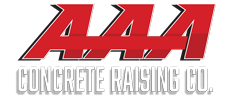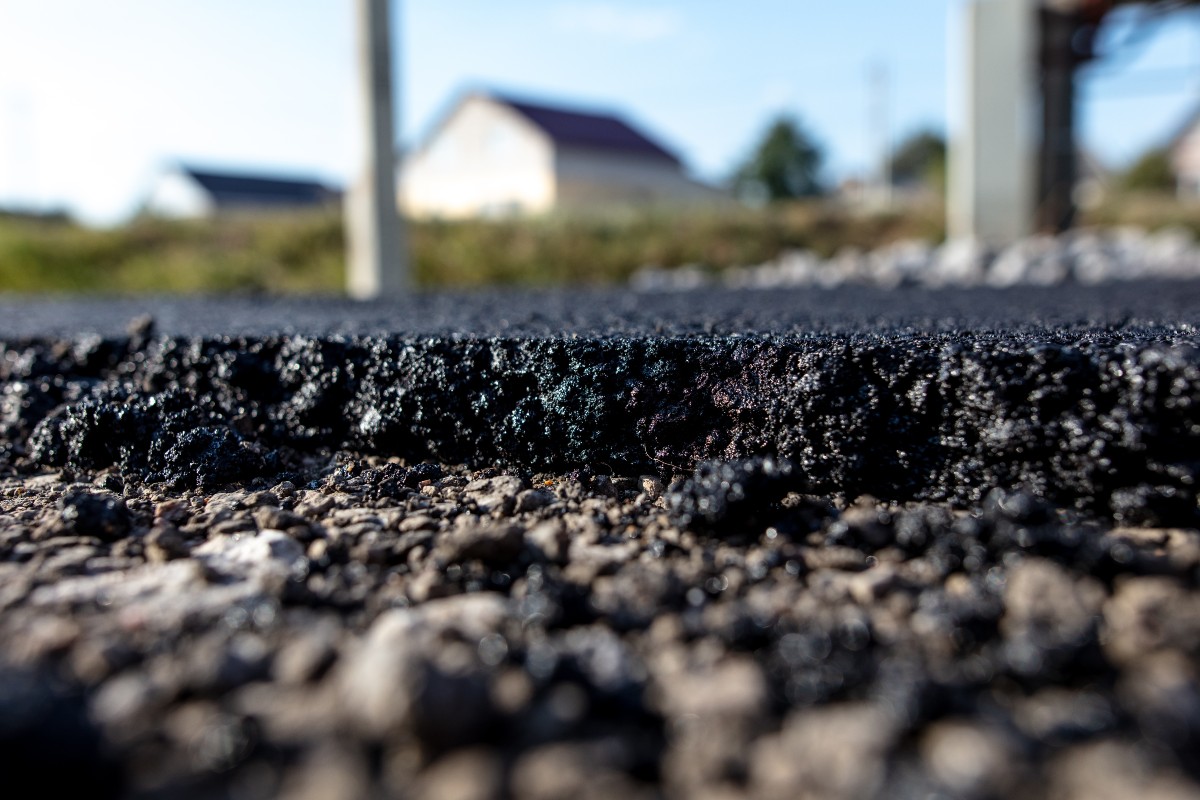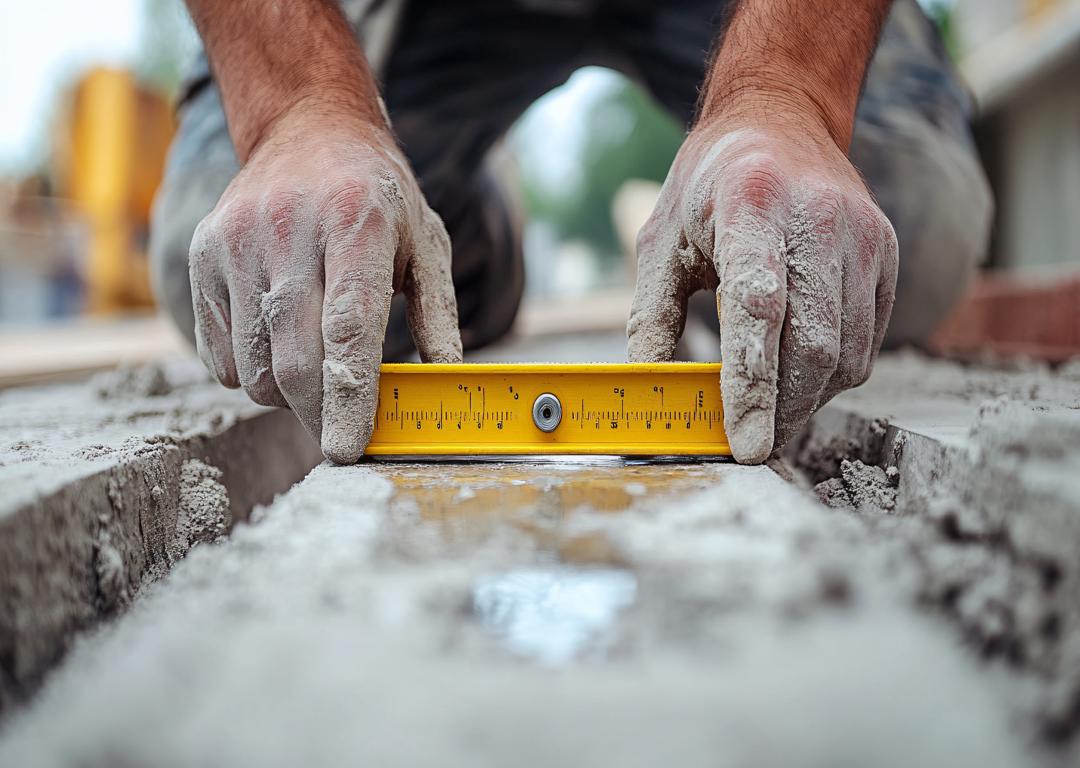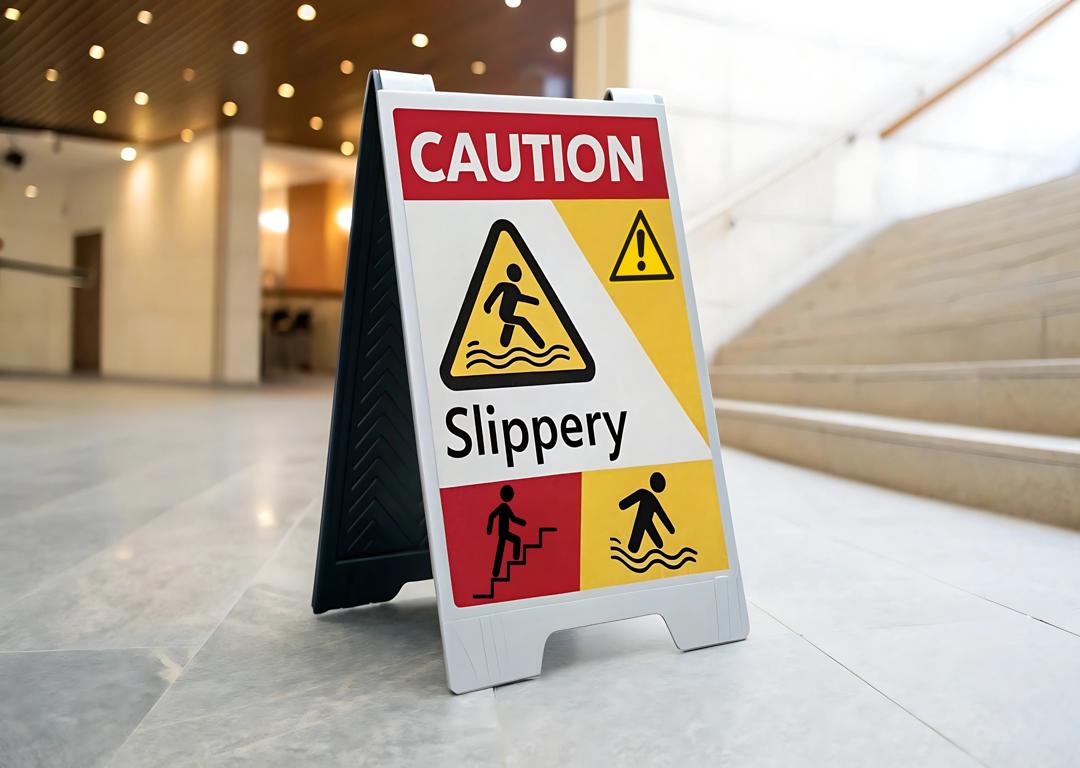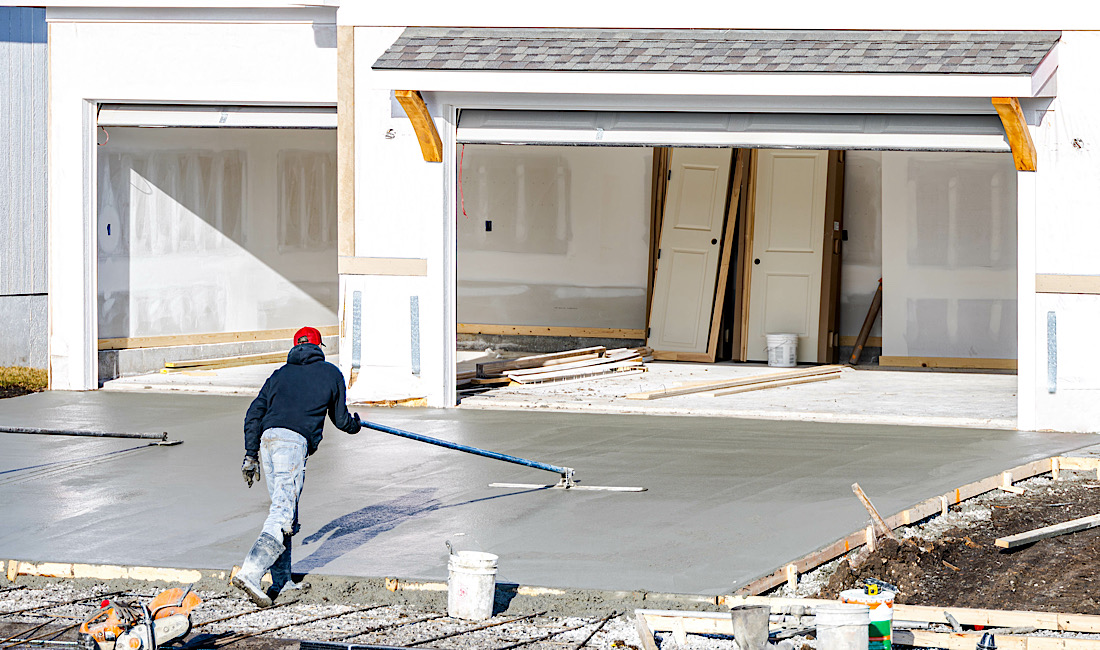Mudjacking is a cost-effective way to repair sinking concrete slabs. But will it work for an asphalt driveway? Read on to learn whether mudjacking is a suitable solution for this bituminous product.
Why Asphalt Sinks
Erosion and settling can cause any surface to sink and crack, including asphalt. That said, there are some reasons why your surface might be sinking when it shouldn’t
Asphalt driveways should always be poured over a stable base of crushed stone, which is spread on undisturbed grade, or on some type of mechanically compacted fill soil.
When asphalt driveways begin sinking, it’s often because the installer failed to properly compact the underlying dirt. Another reason is that the fill dirt contained some sort of organic debris that decomposed over time.
There are other reasons why an asphalt driveway might start to crack or sink. These include:
- Undermining and erosion of the soil bed due to poor rainwater drainage
- Underground erosion or collapse due to an underground stream or leaking pipe
- Environmental factors, such as unstable marshland, sinkholes, expansive soil, hillside erosion or seismic activity
What Is Mudjacking?
A time-tested, cost-effective concrete restoration method, mudjacking is a reliable way to restore sinking concrete to its original position. This is why it has quickly become one of the most popular and widespread options for property owners in need of reliable, timely repairs that won’t exceed their budgets.
The process involves drilling a small hole into the failing concrete. The contractor then injects a wet slurry beneath the concrete to fill up any gaps. As these voids are filled, the slurry starts to elevate the concrete surface until it is flush with surrounding ground-level surfaces.
In a matter of a few hours, the slurry filler dries, resulting in a durable surface that will remain stable over time.
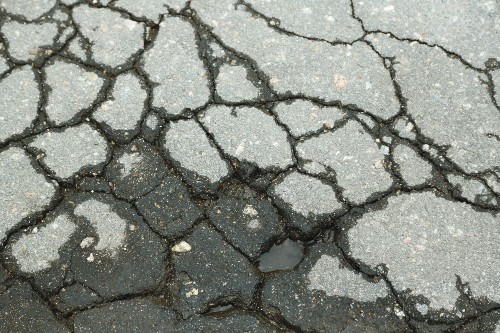
Will it Work for Asphalt?
Unfortunately, unlike concrete, asphalt is a bituminous product, made of a mixture of binder, aggregates and filler. Aggregates are essentially processed mineral materials, such as sand, crushed rock, slags, gravel or various recycled materials. Binder is used to unite all of these aggregates to form a cohesive mixture.
While it may remain durable underfoot, asphalt will usually crack and crumble if you try to raise it. This makes it a poor candidate for mudjacking in almost every instance.
What Can You Do?
Improper compaction of the underlying driveway subsoil should be covered under your home warranty. If your property is fairly new, get in touch with your builder. You should also contact your local utility company to find out if a broken pipe or buried line might be contributing to your problem.
Closely examine your rainwater drainage and downspouts to make sure water is not pooling or eroding the soil beneath your driveway. You may also need to contact a soil engineer to find out exactly what’s going on beneath the ground. You don’t want to have to keep patching your asphalt driveway if it’s just going to keep sinking. You also need to make sure there’s no underlying issue that could affect your home’s foundation.
Based on what you learn, you may be able to get by with a simple patch. On the other hand, you may need to replace the existing driveway and make extensive alterations to the subsoil.
For homeowners with concrete driveways, the answer is much more straightforward. Mudjacking dramatically lowers the risk of any repeat sinking. The quick, reliable solution fills the underlying gaps, not with unstable materials, but with hard, solid matter that will not wash away when it rains.
The lightweight slurry is pumped underneath the existing slab where it fills every gap, ultimately solidifying into a dense foundation material that remains stable over time. The result? A rejuvenated, reliable concrete surface that will remain stable and durable over time.
AAA Concrete Raising has served Colorado businesses and homeowners for more than two full decades. Our concrete raising company uses innovative equipment that eliminates the need for noisy, awkward machinery, ensuring a speedy, efficient job that won’t disturb the neighborhood. Contact our team for all your concrete restoration needs.
